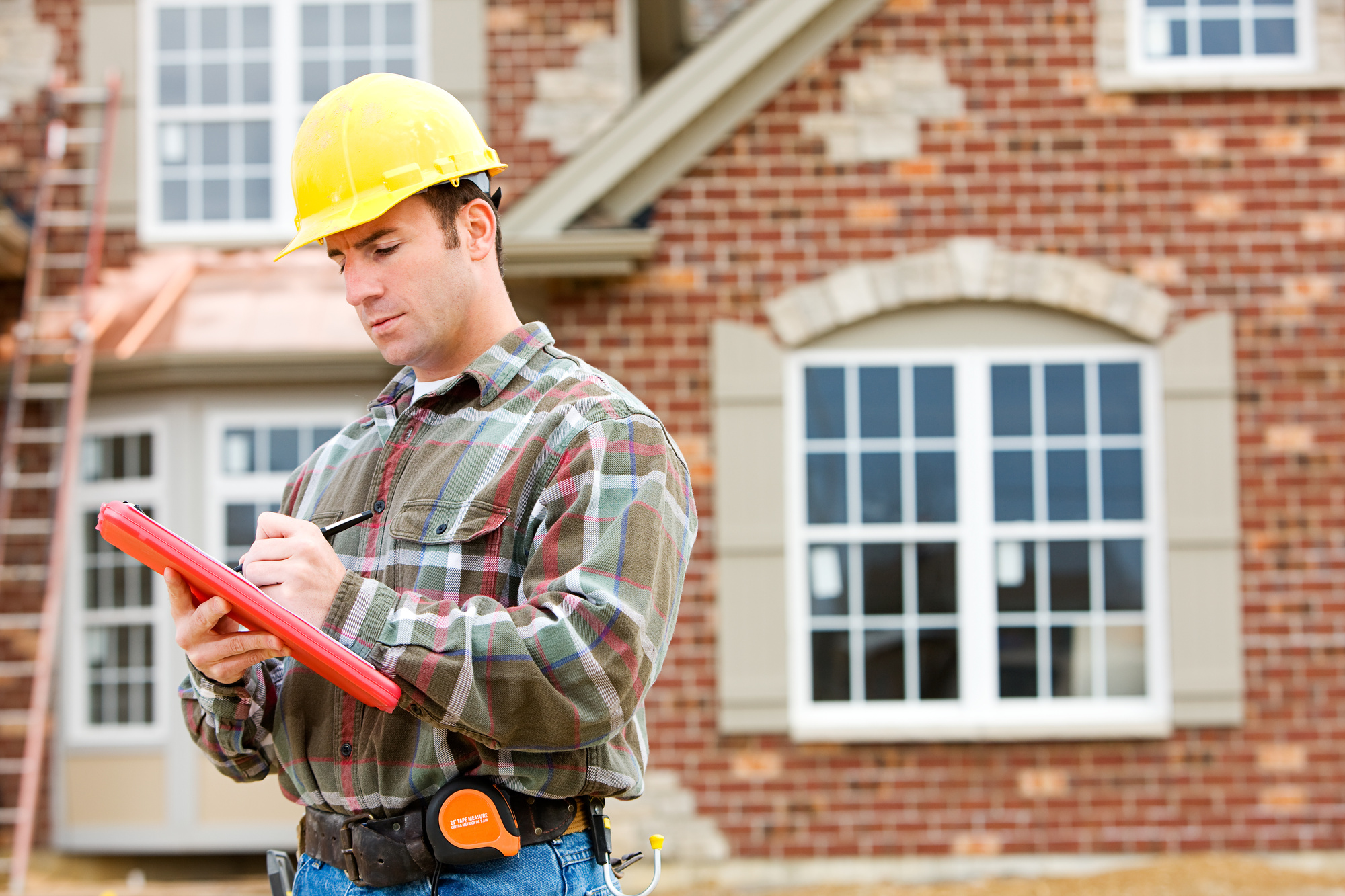You’ve put all the work into selling your home: getting it listed, promoting it all over town, and wooing the ideal buyer. You might feel exhausted. But your troubles aren’t over yet: there’s one more obstacle you have to get over before you can call yourself a tried and true home seller.
That final step? The home inspection. The home inspection usually takes place after a buyer has agreed to purchase the home but before the final paperwork is signed. The inspection will be key in ensuring that the sale goes through and that all parties can head their respective ways happy.
That means it’s a very important few hours that you’ll need to ensure you nail. Need some house inspection tips to get ready? Read on and we’ll walk you through what you need to know.
1. Make the Home Inviting and Open
When a home inspector comes to your home, they’ll need to take a look at every part of it. It’s in your best interest to make their job as easy for them as possible. That means leaving no areas of the home blocked off or uninviting.
Before an inspector arrives, turn on all the lights and open all the doors in your home. Make every room and space easy to walk into and look around.
If you have an area of your home that seems hard to get into, it’ll give the impression you’re intentionally hiding something. Even this isn’t the case (and hopefully it isn’t!) it’s not the right look you want to provide for your inspector and the potential buyer.
2. Give a Lookover to Your Roof
One area that undoubtedly will get a lot of attention during your home inspection is the roof. A strong and stable roof is key to the long-term health of a home.
It’s likely you haven’t been up on your roof to inspect it yourself in quite some time. It’s not an area we spend a lot of time in as homeowners, obviously. But it’s a very good idea to get up there and look around before you schedule your inspection.
If you see any signs of trouble on your roof, it’s better to spot them now instead of during the inspection. Look for any damaged or missing shingles. Look out for wear and tear. If there are any obvious issues, take the time to replace them before the inspection occurs.
This way, the inspector will see nothing but a strong and stable roof when they arrive.
3. Ensure the Utilities Are Still On
There’s a very good chance that by the time you’re ready for a home inspection, you’ve already moved out of your house and into a new one. That means that old house of yours is probably sitting still and empty.
You might have even turned off the utilities to the house to save money. There won’t be any water, power, and so forth. That’s all fine and good, but you must ensure that these utilities are turned back on in time for your inspection.
Why? Checking the proper functionality of these utilities in the home will be one of the main tasks an inspector has to do. If the utilities aren’t functional, then an inspector won’t be able to do their job.
They will likely arrive at the home and then have to reschedule the inspection completely. Not only will this mean you won’t be able to finish the sale of your home, but you’ll also have a grumpy inspector on your hand. Not the right foot to start your inspection off on!
You can avoid this by ensuring far ahead of time that the utilities, including electrical services, will be functional on the day in question.
4. Make Sure Everything Is in Working Condition
If you want your inspection to go well, it can pay off to ensure you take all security procedures prior to the inspection’s beginning. Consider all the features in your home that contribute to the safety of those inside: smoke and carbon-dioxide detectors, fire extinguishers, and so forth.
It’s also a good idea to have an exterminator come out to the home as early as possible prior to the inspection. You don’t want any bugs, roaches, or other health risks to show up during your inspection!
Go around the home and ensure that all necessary repairs have been taken. Replace light bulbs, repair water damage in the bathrooms, fix cracked windows, and so forth. The better condition your home will be in, the more likely you’ll get a stellar rating from the inspector.
If you don’t have the budget to fix everything, you don’t have to. But any possible problem areas should be brought up to a buyer far before an inspection begins. Before a buyer agrees to buy a house, they should be notified about any potential issues in the home.
If you fail to notify them, they are legally allowed to drop out of a purchase. You might even find yourself legally liable for misleading them. That’s not a situation you want to find yourself in!
House Inspection Tips for Home Sellers
You’re so close to closing the deal on your home, you can taste it. First, you just need to get through some routine inspection. The above house inspection tips can help you to get prepared for this important final step.
Need more real estate advice, tips, and tricks? Check out the rest of our website for more information.




